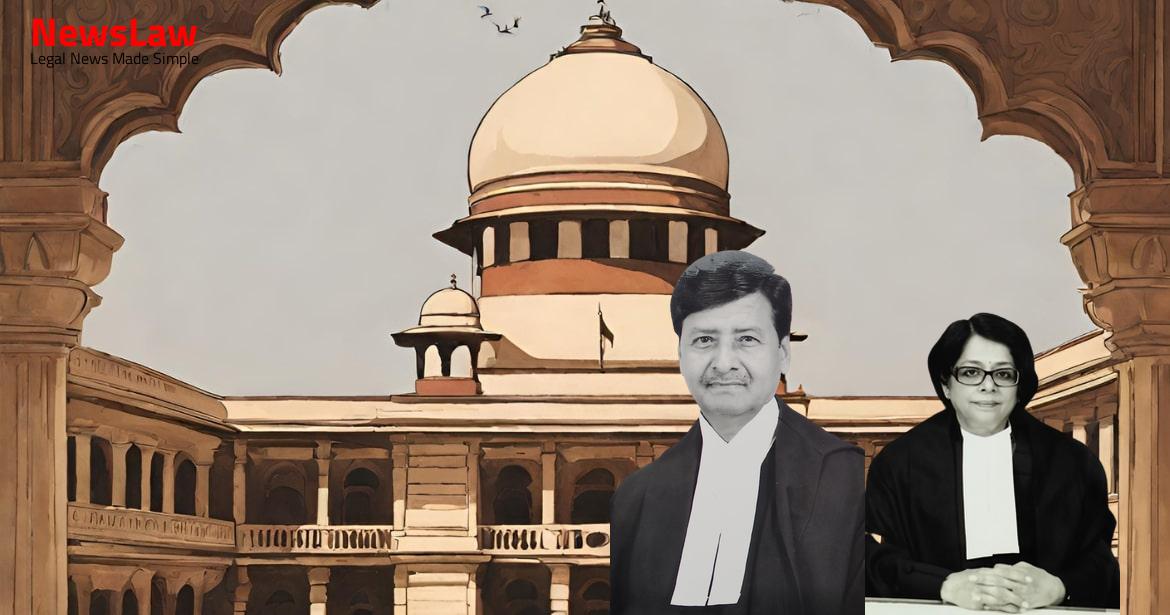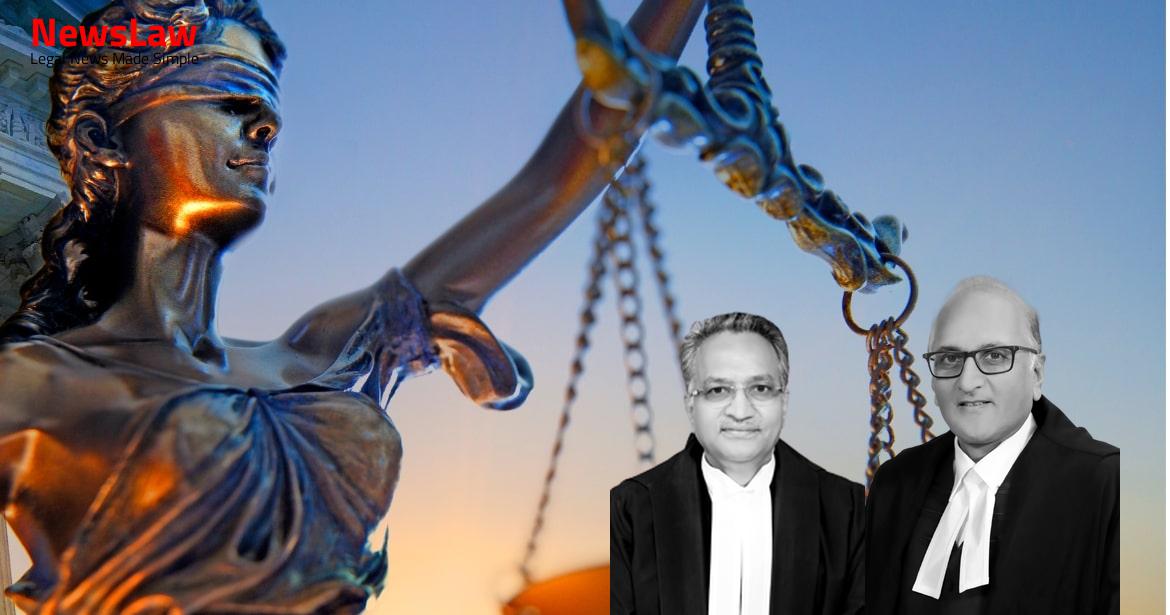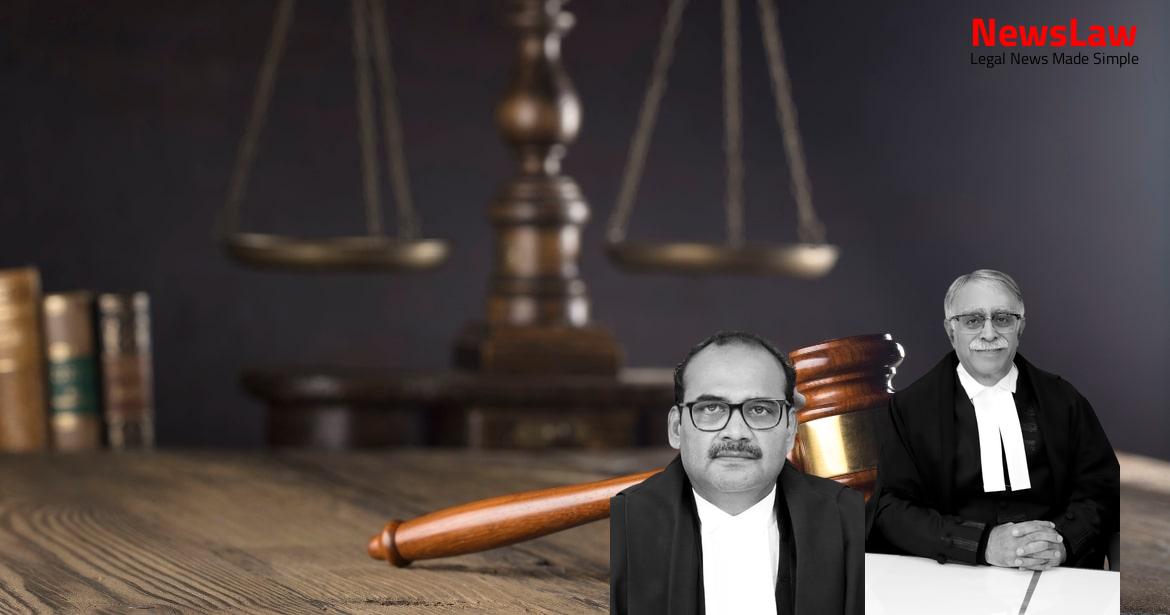This legal case delves into the crucial aspect of delivering reasoned judgments alongside operative orders, underscoring the importance of ensuring transparency and fairness in the judicial process. The court’s thorough analysis emphasizes the necessity of providing reasons for decisions, thereby safeguarding the rights of aggrieved parties and upholding the integrity of the legal system.
Facts
- Fresh civil appeal filed before the Court as C.A. No.6476 of 2020.
- The appeal was dismissed through an Order dated 06.3.2020.
- The Court had directed the Registrar of the National Commission to submit a report
- The report was supposed to include the number of cases where reasoned judgments were not passed despite the operative order being pronounced in Court
- This directive was given in the Order dated 08.1.2020
Also Read: Analysis of Consent Orders and Appellants’ Rights
Analysis
- Rights of aggrieved parties are prejudiced without access to reasons for legal remedy.
- 85 cases as of 20.12.2019 had operative orders but no reasoned judgments.
- Registrar’s information cannot be accepted.
- Lack of reasoned judgments cannot be countenanced.
- Principle of providing reasoned judgment has been restated multiple times by the Court.
- The practice of pronouncing final operative part of orders without supporting reasons has been criticized.
- Serious difficulties caused by not providing supporting reasons were highlighted by the Constitution Bench of the Court in 1983.
- The importance of pronouncing reasoned judgments was emphasized in various cases including Zahira Habibulla M. Sheikh & Ors. Vs. State of Gujarat & Ors., and Mangat Ram Vs. State of Haryana.
- The need to discontinue the practice of not providing reasons and to pass reasoned judgments with operative orders was emphasized.
- This issue was also discussed in the case of Anil Rai Vs. State of Bihar 2001(7) SCC 318.
- Challenging an impugned judgment on merits is essential for the aggrieved party’s rights.
- The succeeding party may not obtain the benefits of the successful litigation if the aggrieved party is unable to challenge the judgment.
- Defeating the rights of the aggrieved party undermines the judicial process and fair resolution.
Also Read: Legal Analysis: Appointment of Sole Arbitrator Under 1996 Act
Decision
- Reasons for the judgement are yet to be delivered
- Parties should receive reasons within two months
- Pending applications are disposed of
- Observations made in relation to the appeal
Also Read: Limits of Discretion in Civil Service Examination Policy
Case Title: SUDIPTA CHAKROBARTY Vs. RANAGHAT SD HOSPITAL (2021 INSC 89)
Case Number: C.A. No.-009404 / 2019



